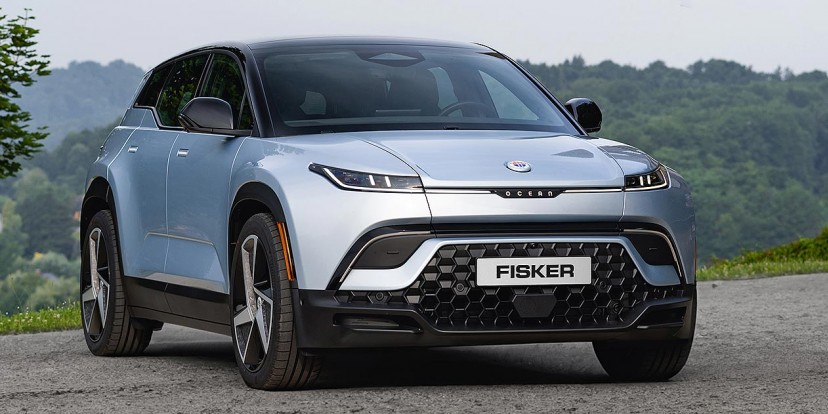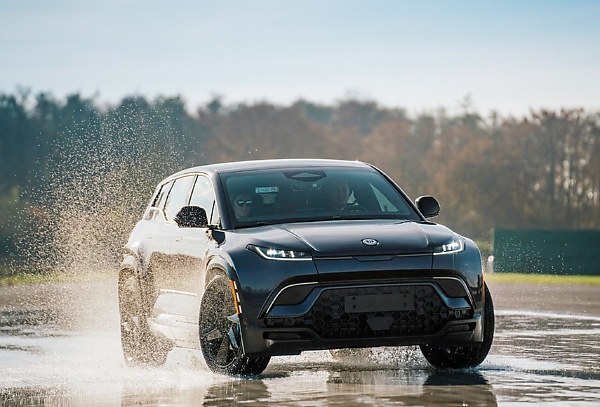Henrik Fisker’s electric vehicle venture, once touted as a formidable competitor to Tesla, finds itself teetering on the brink of collapse. The California-based startup has recently issued a sobering warning to investors, acknowledging the possibility of insolvency within the next year.
This dramatic turn of events has triggered a sharp decline in its stock value. Nevertheless, Fisker remains resolute, asserting that it has formulated a strategy for a turnaround, contingent upon securing fresh capital from either new investors or a lifeline from an automaker in dire straits.
At the heart of Fisker’s woes lies its financial predicament. The company expended a considerable sum of money in 2023, leaving it with insufficient funds to sustain operations for another year. In a bid for survival, Fisker is aggressively pursuing new avenues of funding, though success is far from assured.
Compounding its challenges is Fisker’s struggle to transition to a dealer-centric sales model. This costly shift, involving collaborations with traditional auto dealerships, has already resulted in workforce reductions. However, the company is banking on this investment to bolster sales—a critical imperative at this juncture.

Amid these trials, plans for future vehicle models have been significantly curtailed. Once touting a diverse lineup of electric vehicles, Fisker has now redirected its focus towards the Alaska pickup truck, deeming it as its last chance for redemption. The compact and affordable Pear EV has been relegated to the sidelines as a result.
The ultimate fate of Fisker hinges on its ability to strike a deal with a financially robust automaker. Current discussions with a major yet undisclosed manufacturer hold the promise of a joint venture or an infusion of capital. Nonetheless, the outcome of these negotiations remains uncertain.
The narrative starkly contrasts with the optimistic projections of last December when Fisker celebrated “spectacular” sales growth, hinting at a promising future for the audacious startup.
However, the grim financial reality of today paints a vastly different picture. Despite the successful delivery of thousands of Fisker Ocean SUVs in Q4, the company finds itself bleeding cash at an alarming rate—a predicament not apparent from sales figures alone.
This abrupt reversal underscores the precarious nature of the electric vehicle industry. Even seemingly robust sales figures can obscure deeper financial challenges, casting doubt on the sustainability of such ventures.

